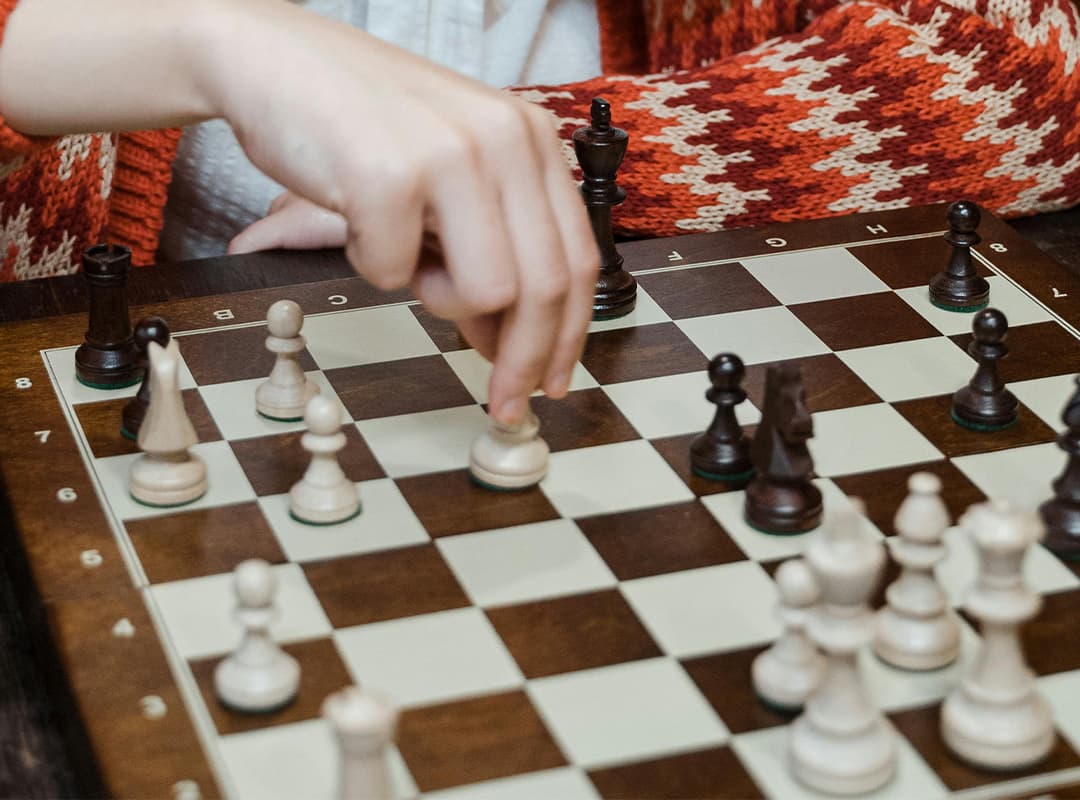Chess championships have a rich and storied history, serving as the pinnacle of competitive chess and showcasing the extraordinary talents of some of the greatest players the game has ever known. From the inception of formal tournaments to the modern era of rapid and online competitions, the evolution of chess championships reflects the changing landscape of the game itself.
The first recorded chess championship took place in 1886 when Wilhelm Steinitz faced off against Johannes Zukertort in a match that would determine the first official World Chess Champion. This event marked a significant turning point in the history of chess, as it established the concept of a world champion and set the stage for future competitions. Steinitz, known for his strategic prowess and defensive skills, eventually emerged victorious, solidifying his place in chess history.
As the years progressed, the championship format evolved, incorporating various structures, including knockout tournaments and round-robin formats. The mid-20th century saw the rise of legendary players such as Mikhail Botvinnik, Anatoly Karpov, and Garry Kasparov, who not only dominated the world stage but also brought chess into the public eye. Each of these players contributed to the game’s popularity, showcasing unique styles and approaches that captivated audiences worldwide.
Karpov, renowned for his positional understanding and tactical finesse, held the title from 1975 until 1985. His rivalry with Kasparov marked one of the most intense periods in chess history, characterized by deeply strategic matches that are still studied today. Kasparov, often regarded as one of the greatest players of all time, revolutionized chess with his aggressive style and deep preparation. His battles against Karpov not only defined an era but also elevated the game to new heights, bringing it into the realm of global sports.
In recent years, the landscape of chess championships has transformed significantly with the advent of technology and online play. The rise of platforms such as Chess.com and Lichess has democratized access to competitive chess, allowing players from all over the world to participate in online tournaments. This shift has also led to the introduction of rapid and blitz formats, which have gained immense popularity and added a new dimension to the competitive scene.
Today, players like Magnus Carlsen, who became the World Chess Champion in 2013, continue to push the boundaries of excellence in chess. Carlsen’s intuitive style, coupled with his ability to calculate the best moves in complex positions, has earned him a reputation as a formidable opponent. His dominance in the chess world is supported by a deep understanding of the game and the use of advanced tools, including a best chess move calculator, which helps him analyze positions and make informed decisions.
Championships are not only a test of skill but also a showcase of the historical evolution of chess. They reflect the growth of the game, the emergence of new strategies, and the relentless pursuit of excellence by players across generations. As we look to the future, the excitement surrounding chess championships continues to thrive, drawing in new audiences and inspiring aspiring players to engage with the timeless game of chess.
In conclusion, chess championships are a vital part of the game’s history and culture. From the early matches of the 19th century to the modern-day competitions that feature the world’s best players, these events have shaped chess into the globally celebrated sport it is today. The legacy of past champions and the ongoing evolution of the game ensure that chess will remain a source of fascination for generations to come. Whether you are a casual player or an aspiring grandmaster, the journey through chess history provides endless inspiration and lessons that can enhance your own chess journey.



